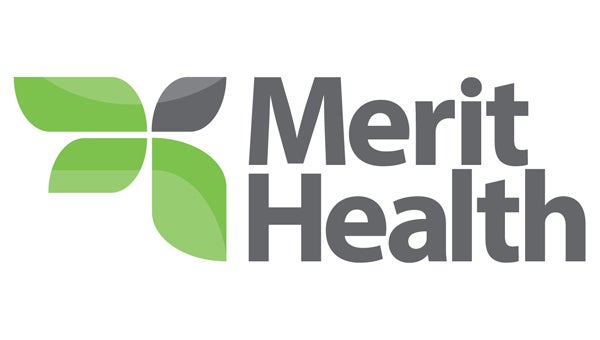GUEST COLUMN: Breathe Easy for the Great American Smokeout
Published 8:00 am Friday, November 19, 2021
Submitted by Merit Health River Region
The average adult takes 15 to 20 breaths a minute — more than 20,000 breaths per day, according to the American Lung Association.
Healthy lungs are important to deliver clean air to our bodies’ organs and tissues, which convert oxygen into fuel to support vital body functions. When a smoker lights up, it affects not only the health of the lungs but also all the body structures that depend on the lungs for oxygen.
More than 16 million Americans are living with a disease caused by smoking. Smoking is the leading cause of preventable disease and death, claiming the lives of more than 480,000 adults in America each year — along with an estimated 41,000 deaths from secondhand smoke exposure. And it’s no surprise, considering that cigarette smoke contains more than 4,800 chemicals — at least 250 of which are known to be harmful and more than 50 that are proven to cause cancer.
In addition to lung cancer, smoking can lead to a variety of respiratory complications and chronic diseases that can affect your quality of life — and shorten it, as well. A smoker’s lifespan is about 14 years shorter than a non-smoker’s. The list of smoking-related diseases is considerable: asthma, chronic bronchitis, emphysema, coronary heart disease, stroke, pneumonia, peripheral artery disease and a wide variety of cancers — not only oral and throat, but also cancers of the bladder, stomach, cervix, kidneys and pancreas.
Smokers also suffer from other conditions, including slow-healing wounds, infertility and peptic ulcer disease. More than 8 million people in the U.S. have at least one serious illness caused by smoking.
“The good news,” states Dr. Thomas Sligh, Internal Medicine, “is it’s never too late to quit. Smokers can gain health benefits by giving up the habit — whether you’re an occasional smoker or have a lifelong, pack-a-day habit.”
As soon as one quits smoking a series of changes in your body occur almost instantaneously — and the benefits continue the longer you remain a non-smoker.
20 minutes after quitting
Heart rate drops.
12 hours after quitting
Carbon monoxide level in your blood drops to normal.
Two weeks to three months after quitting
Heart attack risk begins to drop.
Lung function begins to improve.
In addition to lowering your risk of cancer, emphysema, COPD, stroke and heart attack, quitting also decreases your likelihood of cataracts and premature skin wrinkling. Other benefits include more energy, better sleep, an improved sense of smell and taste, and healthier skin.
“Kicking the habit isn’t easy,” Dr. Sligh said. “But there are many resources to help. Smokers who don’t want to quit cold turkey have many options: counseling, over-the-counter or prescription medications and nicotine replacement products, such as nicotine gum, inhalers, nasal sprays or a patch.”
Dr. Sligh explained, “If you’re trying to quit or you’re a former smoker, it’s important to know the symptoms of respiratory problems, and get checked out by your doctor. A persistent cough, shortness of breath or wheezing may warrant a lung function test to screen for exposure to contaminants or possible lung diseases. These tests will measure your lung capacity, strength and efficiency.”
The Great American Smokeout was Nov. 18, and it’s a great time to kick the habit. If you’re concerned about your respiratory health, talk with your doctor about simple screening tests to get an accurate picture of your lungs.
Don’t have a primary care provider? Visit MyMeritDoctor.com or call 1-855-MSMERIT to find a provider and schedule an appointment.
Remember that this information is not intended to replace the advice of your doctor, but rather to increase awareness and help equip patients with information and facilitate conversations with your physician that will benefit your health.
Sources: Centers for Disease Control & Prevention, www.cdc.gov/tobacco; National Heart, Lung & Blood Institute, www.nhlbi.nih.gov; National Cancer Institute www.cancer.gov, WebMD, www.webmd.com.






